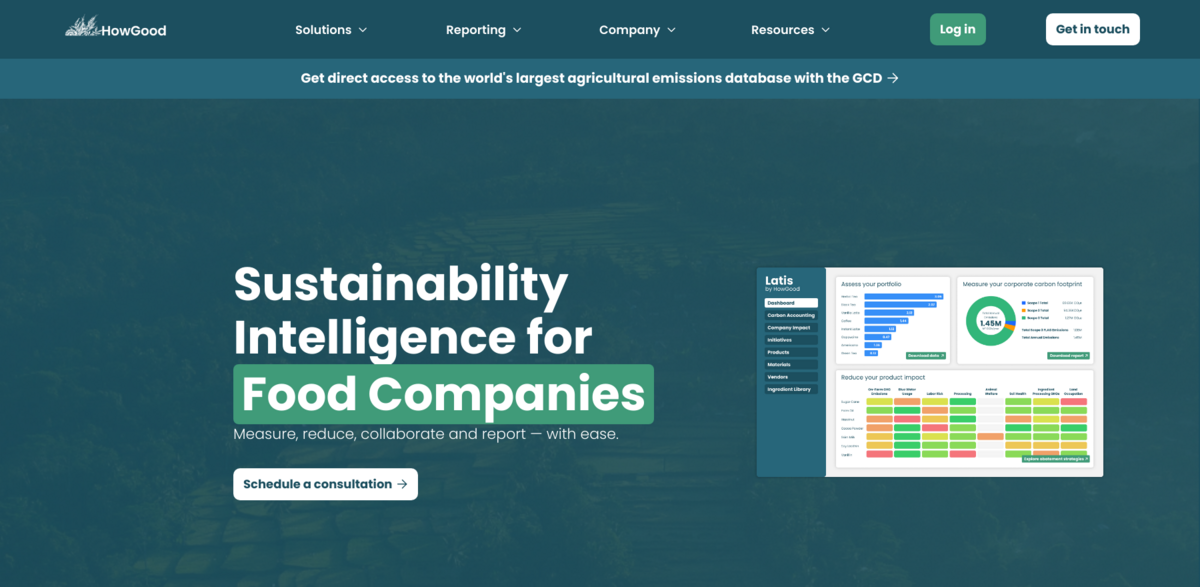What is Sustainability Intelligence for Food Companies?
In today’s world, food companies face a growing need to measure, reduce, collaborate, and report on their environmental impact — and do it all with ease. That’s where sustainability intelligence steps in. This isn’t just about ticking boxes; it’s about leveraging deep insights and data to truly transform how food businesses operate. With over 18 years of global supply chain research backing it, this approach brings clarity and actionability to sustainability strategies, making complex challenges manageable and measurable.
Main Benefits and Key Figures
When it comes to sustainability intelligence, numbers tell a powerful story. Here’s a quick snapshot of what’s powering this movement:
- 18+ years of global supply chain research — a solid foundation of expertise
- 600+ vetted, high-quality data sources — ensuring reliability and depth
- 90,000+ agricultural emission factors — the world’s largest database for food product sustainability
- 3.98 million+ product carbon footprints delivered — real impact, real scale
Leveraging the World’s Leading Platform
Imagine having the world’s largest database of agricultural emissions factors at your fingertips. That’s exactly what this platform offers — a way to bring ease and accuracy to sustainability strategies. It’s not just about data collection; it’s about turning that data into actionable insights that food companies can trust and use to drive meaningful change. This is the kind of tool that makes sustainability less daunting and more doable.
Automate Your Climate Reporting
Climate reporting can be a headache, but automation changes the game. With an end-to-end sustainability solution, companies can generate dynamic Life Cycle Assessments (LCAs) across their entire product portfolio. Using a Carbon Trust certified footprinting model, product carbon footprints are delivered with confidence. This means less guesswork, more precision, and a streamlined process that covers everything from corporate greenhouse gas (GHG) accounting to supply chain data collection.
Driving Sustainability Claims and Carbon Reduction
It’s not just about measuring impact — it’s about communicating it. Auditable climate labeling and B2B sales materials help brands stand out and connect with consumers who care. Plus, discovering efficient decarbonization glide paths through dynamic product development, scenario planning, and abatement tools means companies can actively reduce their carbon footprint. It’s a full-circle approach: measure, report, claim, and reduce.
Project Impact: Supporting Global Goals
- SDG 2: Zero Hunger — promoting sustainable food production systems
- SDG 12: Responsible Consumption and Production — encouraging sustainable practices
- SDG 13: Climate Action — driving reductions in greenhouse gas emissions
- SDG 15: Life on Land — supporting sustainable land use and agriculture
Trusted by Industry Leaders
It’s no surprise that 6 of the 10 largest food companies rely on this platform to power their sustainability initiatives and hit their targets. HowGood, a sustainability research company and SaaS platform, stands behind this effort with its unmatched database of over 90,000 agricultural emission factors. By working closely with leading brands, suppliers, retailers, and foodservice providers, it supports climate reporting, supply chain decarbonization, and green claims — all aimed at building a more sustainable and regenerative food system.






















